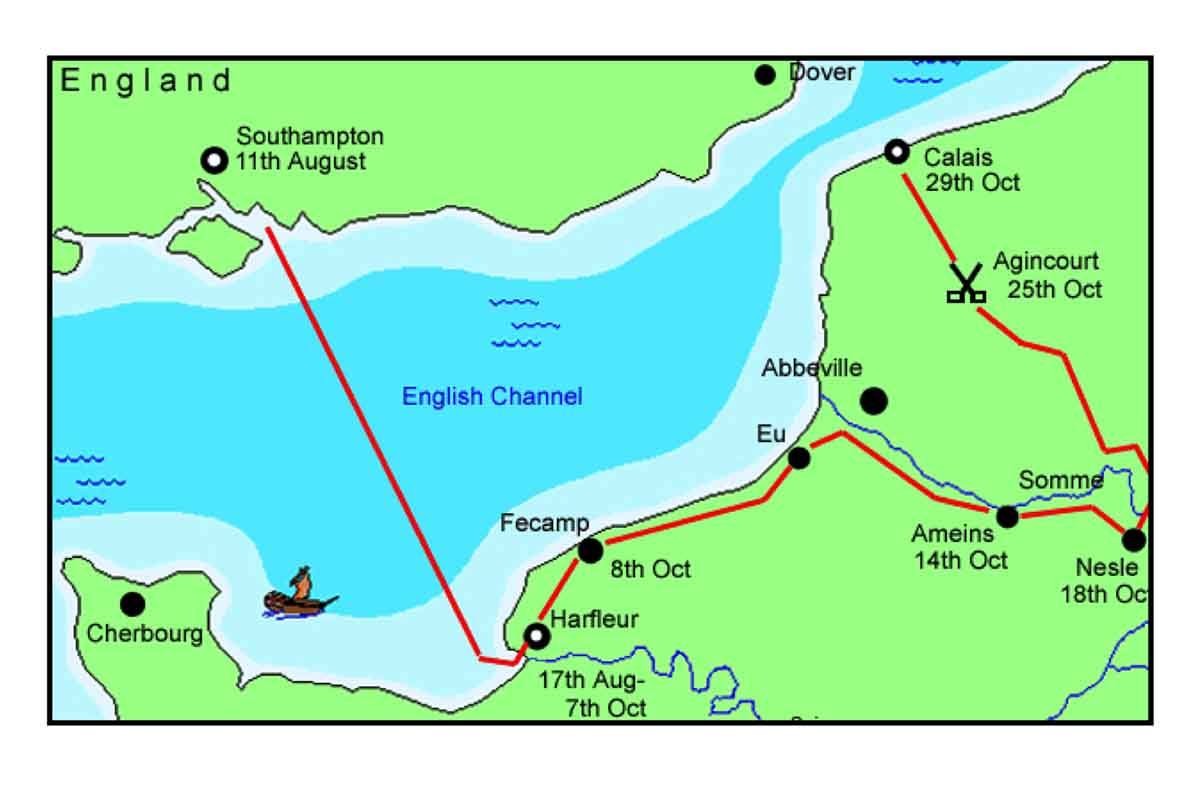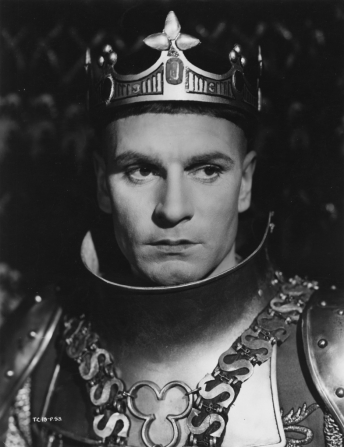10 leadership lessons from Shakespeare’s history

During my career I have had the privilege of working with many talented people. Some of these include those who have graced the stage at Shakespeare’s Globe Theatre. This inspired me to study some of the Bard’s greatest plays to learn the lessons of leadership.
The Tempest and Julius Caesar feature high on my list. However, my absolute favourite is Shakespeare’s Henry V. Not just the warrior-like ‘call to action’ speeches at Harfleur and Agincourt, but the vulnerability of leadership, how to show humility and how lonely life can feel at the top.
Here are my top tips for leadership, which I drew from the play:
- Stepping up to a leadership role can mean changing the dynamic of the relationships with colleagues and friends around you. When Henry assumed the role of King, he decided to leave his party going friends behind and assume a different identity i.e. that of a leader.
- Galvanise your team. In reclaiming what he felt to be his ancestral rights, Henry found what he considered to be a very worthwhile cause and united his team around his vision of invading France. Interestingly, he also checked out the validity of his claim of seizing back France with his trusted advisors.
- Deal with those who are not aligned with your vision and strategy. On the eve of invading France, Henry uncovered an assassination plot and dealt with his traitors. His methods would certainly not be acceptable under today’s employment law! However, the importance to have everyone behind you remains the same.
- Cope with adversity. When things began to stall at the attempt to take the besieged town of Harfleur, Henry stepped up to the plate to urge his team forward. He also showed humility and respect to those who surrendered.
- Be prepared to change your plan. When Henry’s project to retake France became bogged down and fell behind schedule, he decided to change tack and see out winter in the safe haven of the then English-owned Calais.
- Listen to your people. On the eve of the famous battle at Agincourt, Henry walked amongst his people listening to their concerns and apprehensions. This altered his frame of thinking in how to approach his decisive moment.
- Admit your vulnerabilities and check out your purpose. After listening to his people Henry prayed and questioned his motives. Moments of self-doubt can come thick and fast for leaders – and we have to face up to and address these. Take time out to reflect on your actions.
- Lead with conviction. Immediately prior to the battle at Agincourt, Henry made a compelling speech to his people. He reminded them of past successes and, more importantly, of what future success will look and feel like.
- Turn your battlefield into a garden. This is the final and my favourite Act of the whole play. After victory at Agincourt, Henry sought reconciliation and negotiated a treaty where his occupied areas of France could grow and prosper. How often in business do we go from one project to another, one change programme to the next without taking time to nurture and grow what we’ve created? How often, if ever, do we take off our own suits of armour?
- Also in the final Act, Henry meets and falls in love with Catherine, daughter of the King of France. Leadership is not all about achieving the task or spending time at work, it’s about showing that you can care and share with others to help create your own legacy.
As you can tell, I love my history. Shakespeare’s interpretation of Henry V offers some fantastic lessons in leadership too. This is why we make use of this story in our leadership and presentation skills training.
This year sees the 600th anniversary of the battle of Agincourt. Henry V is now at The Royal Shakespeare Theatre. I’ll be taking this opportunity to remind myself of the lesson’s this play offers. Learning never stops.
Paul Beesley, senior consultant, Beyond Theory


